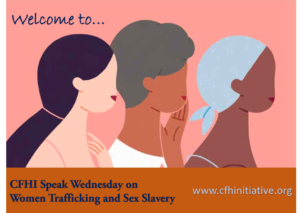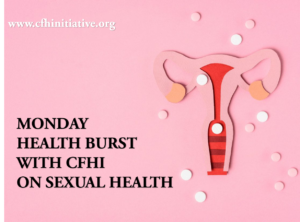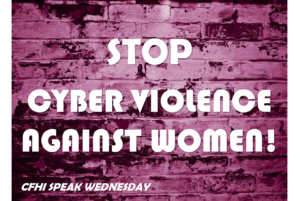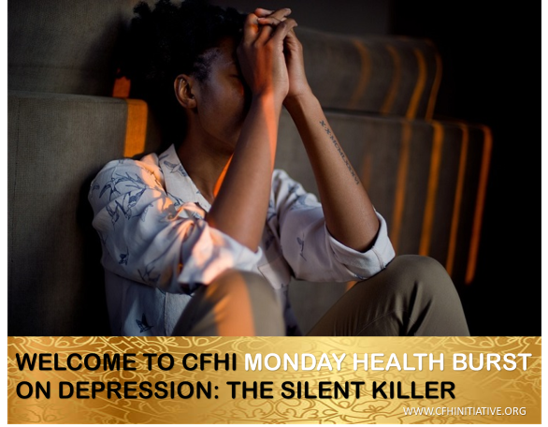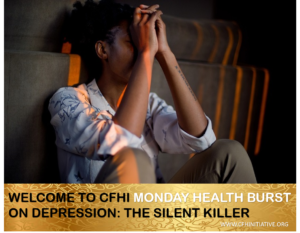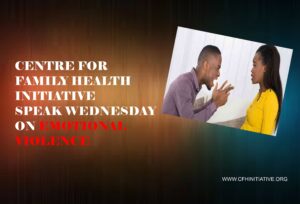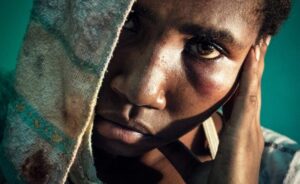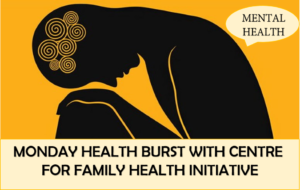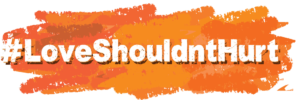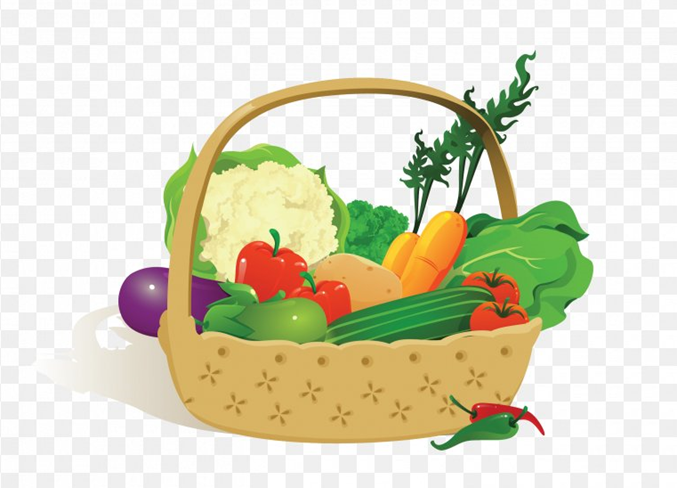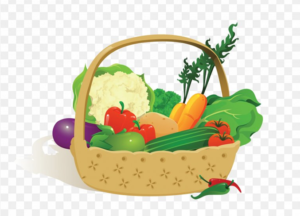MONDAY HEALTH BURST
MONDAY HEALTH BURST – COMMON ILLNESSES AND COMPLICATIONS IN ADULTS, CHILDREN AND INFANTS
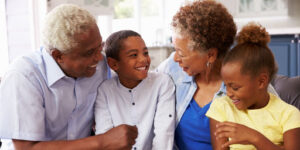
The common illnesses in adults, children, and infants are treated differently depending on how severe they are and how much they affect the immune system. While some are prevented by getting vaccinations, others are treated with antibiotics (specifically diseases caused by bacteria), antiviral medications for those caused by viruses, and antifungals for those caused by fungi. Since these illnesses and complications are treated differently, it is important to always consult a doctor to get the best treatment option.
For today’s Monday Health Burst, we will be looking at the common illnesses among three different age groups (Adults, Children and Infants). For adults, we have Ischemic Heart Disease; Stroke; Lower Respiratory Tract Infection; Trachea, Bronchus and Lungs Cancers; and Diabetes Mellitus. For children and infants, Acute Pharyngotonsilitis (Sore throat); Ear Pain; and Urinary Tract Infections (UTIS).
ISCHEMIC HEART DISEASE, OR CORONARY ARTERY DISEASE
The deadliest disease in the world is coronary artery disease (CAD), also called ischemic heart disease. CAD occurs when the blood vessels that supply blood to the heart become narrowed. Untreated CAD can lead to chest pain, heart failure, and arrhythmias.
STROKE
A stroke occurs when an artery in the brain is blocked or leaks. This causes the oxygen-deprived brain cells to begin dying within minutes. If left untreated, a stroke can cause long-term disabilities like Hemiplegia, Hemiparesis, Facial palsy, etc.
LOWER RESPIRATORY TRACT INFECTION
A lower respiratory infection is an infection in the airways and lungs. It can be due to viruses or bacteria. Coughing is the main symptom of a lower respiratory infection. One may also feel breathlessness, wheezing, and a tight feeling in the chest. Untreated lower respiratory infections can lead to respiratory failure or death.
TRACHEA, BRONCHUS, AND LUNG CANCERS
Respiratory cancers include cancers of the trachea, larynx, bronchus, and lungs. The main causes are smoking, secondhand smoke, and environmental toxins. Household pollution such as fuels and mold are also causes of Respiratory cancer.
DIABETES MELLITUS
Diabetes is a group of diseases that affect insulin production and use. In type 1 Diabetes, the pancreas can not produce insulin. The cause is not yet known. In type 2 diabetes, the pancreas does not produce enough insulin, or insulin can not be used effectively. Type 2 Diabetes can be caused by a number of factors, including poor diet, lack of exercise, and being overweight. Poorly treated or untreated Diabetes can lead to retinopathy, renal failure, stroke, organ damage or death.
ACUTE PHARYNGOTONSILITIS (SORE THROAT)
Sore throats are common in children and can be really painful. It can be caused by virus or bacteria. A sore throat caused by virus does not need antibiotics. In those cases, no specific medicine is required, and the child should get better after it had ran its course.
EAR PAIN
Ear pain is common in children and can have many causes including ear infection (otitis media), swimmer’s ear (infection of the skin in the ear canal), pressure from a cold or sinus infection, teeth pain radiating up the jaw to the ear, and others.
URINARY TRACT INFECTIONS (UTIS)
UTIs occur when bacteria build up in the urinary tract. UTI can be found in children from infancy through the teen years and into adulthood. Symptoms of a UTI include pain or burning during urination, the need to urinate frequently or urgently, bed wetting. Complications of UTI when left untreated include pyelonephritis which can progress to kidney failure.
Most of these common illnesses are contagious and can spread from person to person, it is hence important to take proper precautions when handling body fluids. Remember the slogan “if it is wet and not yours, do not touch it without a barrier (i.e gloves). Remember to always seek the help of a doctor if any of these symptoms occur, because early diagnosis and treatment is always the best way to survive diseases and complications.
CFHI Monday Health Burst is an initiative of the organization to tackle issues of basic health concerns. Join us every Monday for more health related articles on all our social media platforms.
MONDAY HEALTH BURST Read More »

